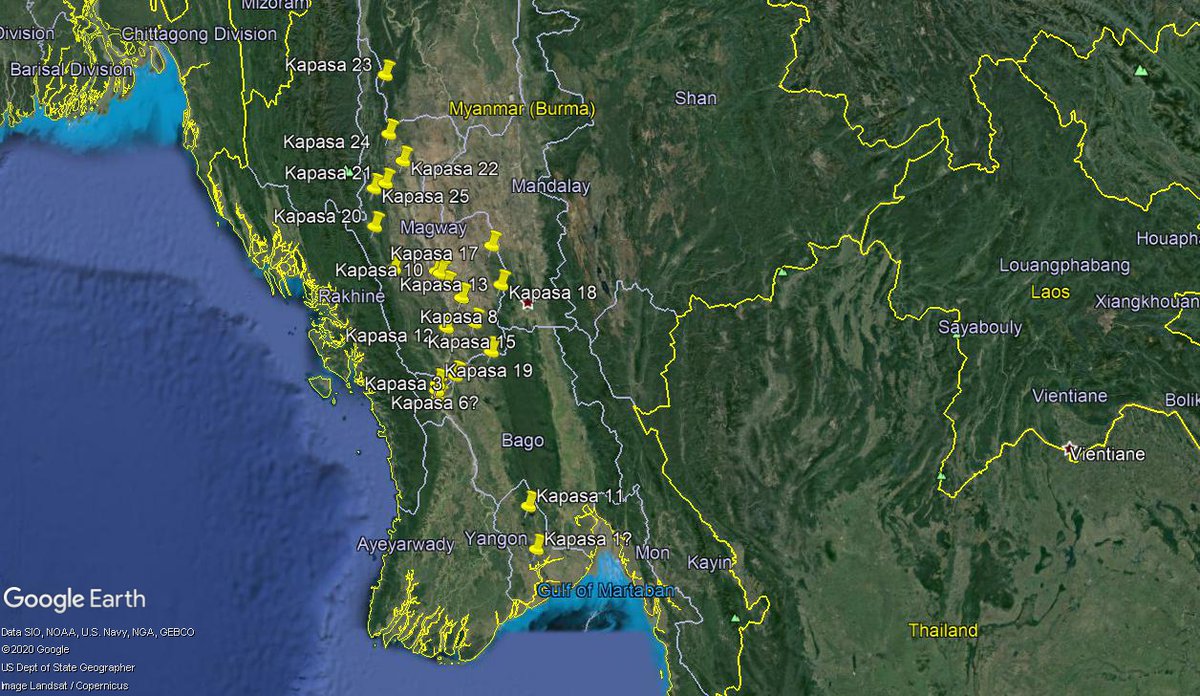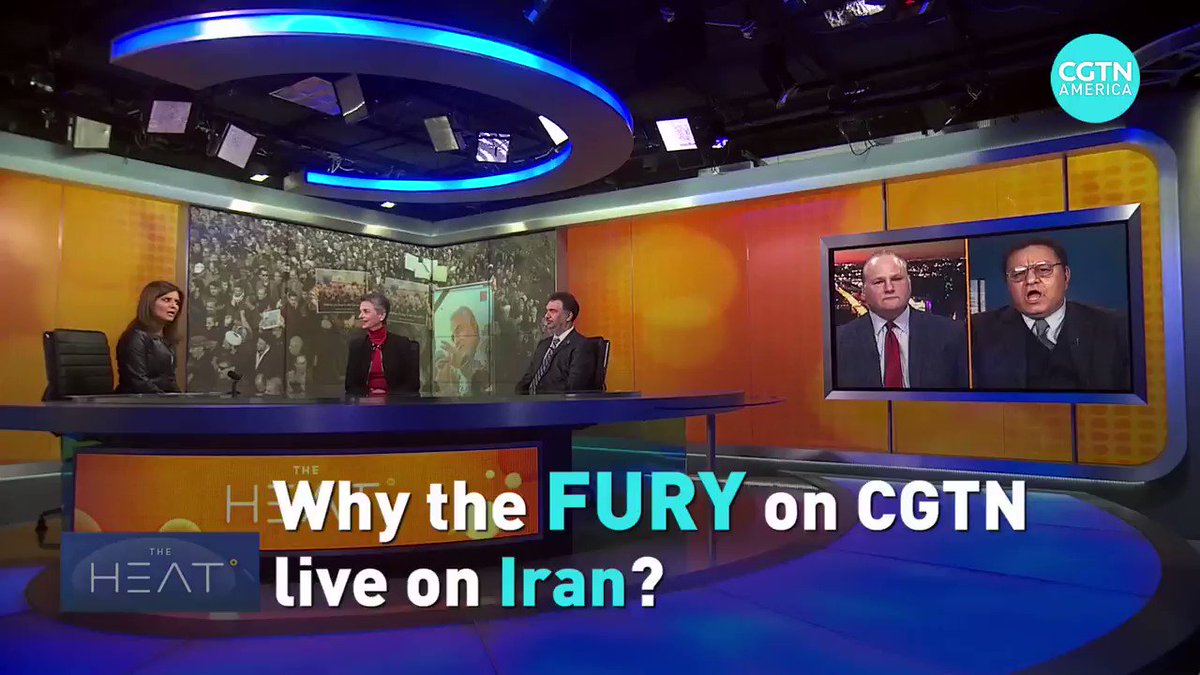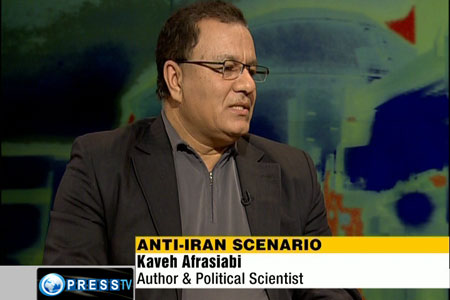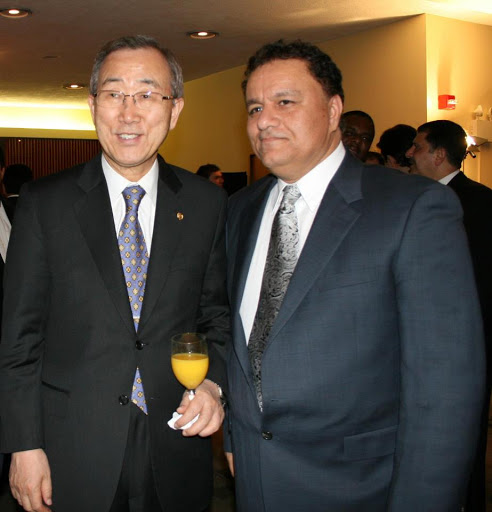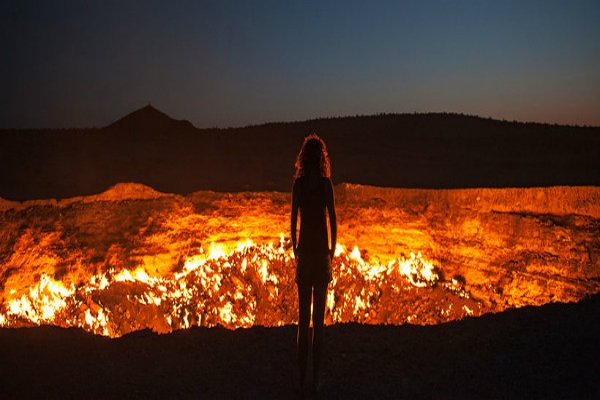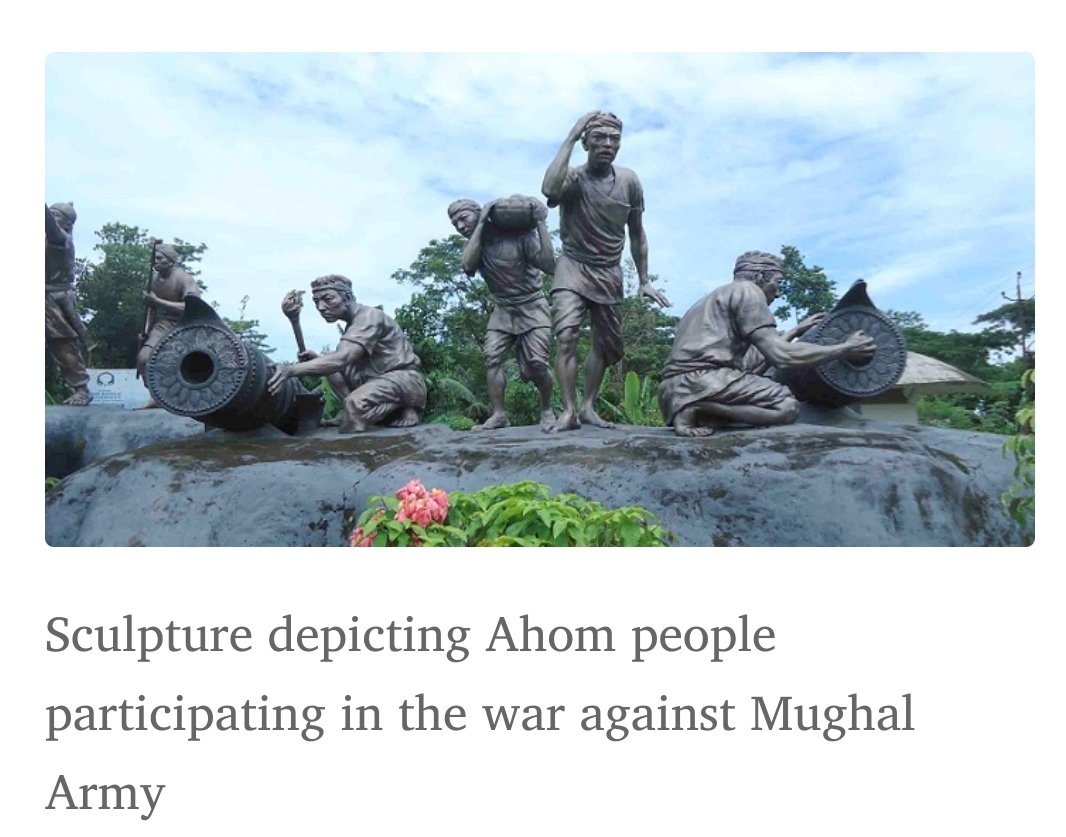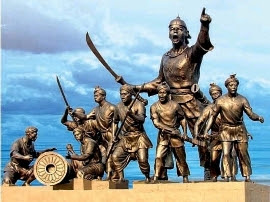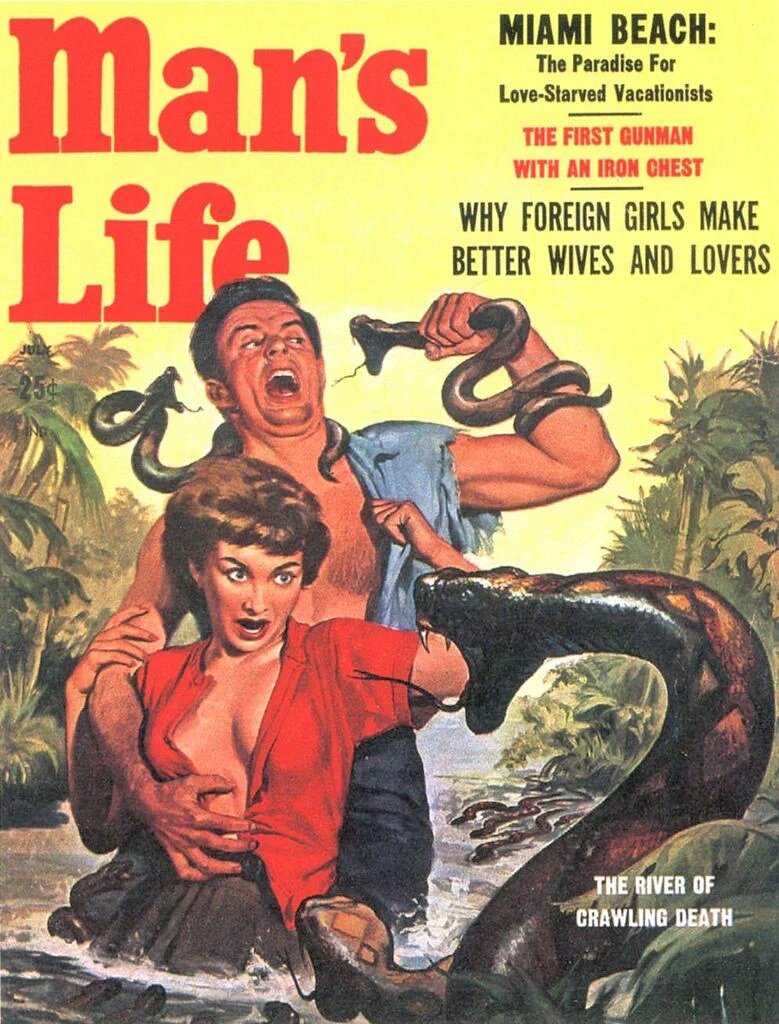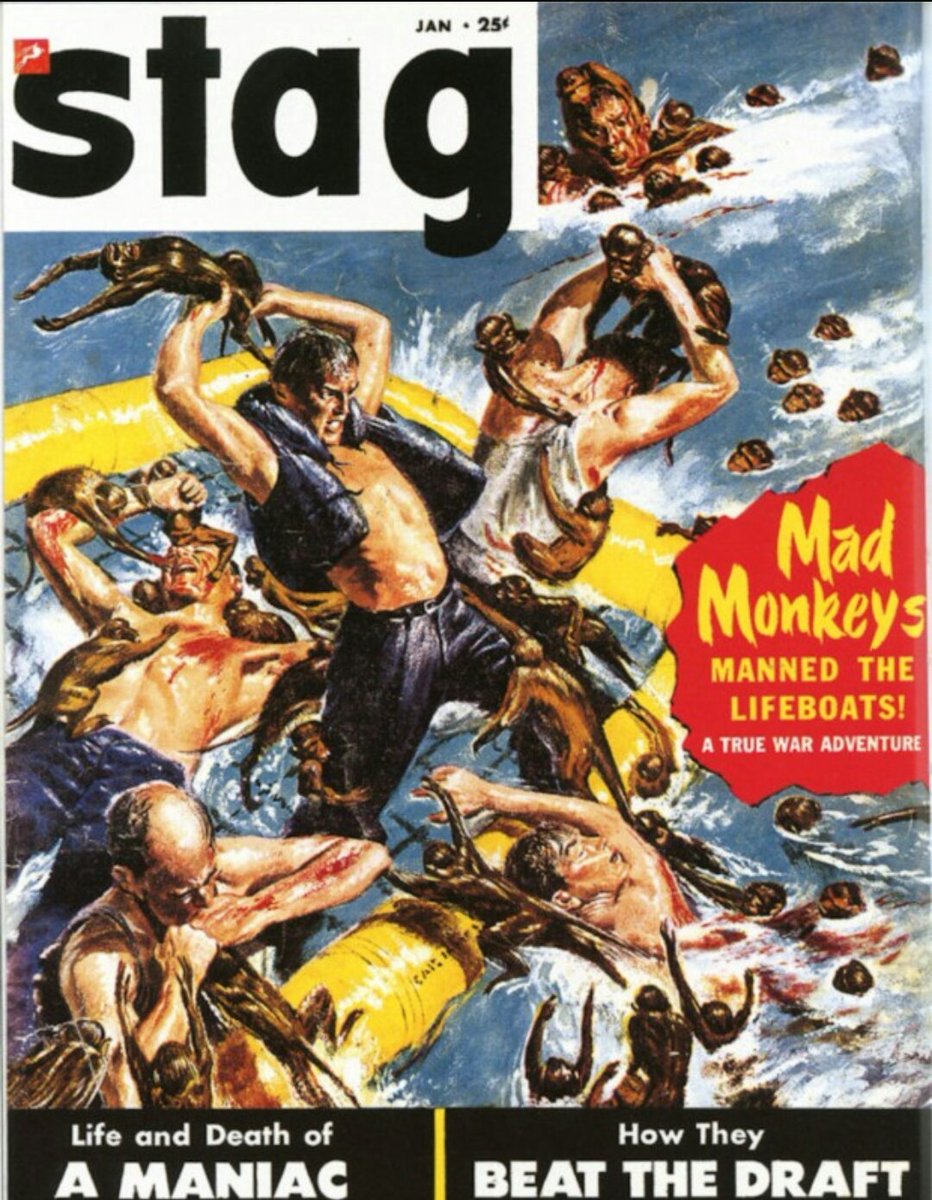through "a period of turbulent change", in Beijing’s words, and great structural adjustments, but usually when that happens, what matters in the long run is not how stable a system seems but rather how successfully political, economic and social institutions adjust to...
1/11
An article worth thinking about: “As changes to the world structure accelerate, China’s rule is in sharp contrast with the turmoil in the West,” says Beijing.
I agree, but I draw a different conclusion. The world is certainly currently
through "a period of turbulent change", in Beijing’s words, and great structural adjustments, but usually when that happens, what matters in the long run is not how stable a system seems but rather how successfully political, economic and social institutions adjust to...
the new conditions. In the past these adjustments have almost always been messy, chaotic, and disheartening to most, but ultimately they were necessary even if we were unable to judge them so at the time.
I would argue that the world today is undergoing both a reversal...
and rejection of the current model of globalization and an urgent need for most countries in the world, including China, to initiate a major rebalancing of the way income and wealth (and ultimately political power) is distributed, but there are few if any historical...
precedents in which this level of restructuring and rebalancing have been neat or orderly.
Beijing's response, which is to do whatever it takes to maintain stability, may look good in the short term, as this strategy always does, but if it prevents the necessary...
rebalancing (as it has for well over a decade), in the future the Chinese may judge their response much less favorably. We went through similarly turbulent periods in the 1920s and 1930s, and then again in the 1960s and 1970s, and in both cases it seemed that the older...
democracies of the West were failing the test, unlike the stability-obsessed autocracies. Mussolini in the 1920s and early 1930s, remember, was considered even by many prominent American and English politicians to be one of the world’s few great leaders, mainly because...
he managed to "stabilize" Italy, even as the older American and European democracies were in turmoil. Forty years later the USSR seemed an oasis of purpose and stability when once again Western Europe and the US seemed on the edge of collapse.
In both cases we were wrong. My point isn’t that Beijing's response is necessarily the wrong one, and ours necessarily the right one. It is only that when we are in the midst of a period of turbulent change, it isn’t always obvious who is adjusting to new conditions and...
More from Michael Pettis
More from Government
You May Also Like
#24hrstartup recap and analysis
What a weekend celebrating makers looks like.
A thread
👇Read on
Let's start with a crazy view of what @ProductHunt looked like on Sunday
Download image and upload
A top 7 with:
https://t.co/6gBjO6jXtB @Booligoosh
https://t.co/fwfKbQha57 @stephsmithio
https://t.co/LsSRNV9Jrf @anthilemoon
https://t.co/Fts7T8Un5M @J_Tabansi
Spotify Ctrl @shahroozme
https://t.co/37EoJAXEeG @kossnocorp
https://t.co/fMawYGlnro
If you want some top picks, see @deadcoder0904's thread,
We were going to have a go at doing this, but he nailed it.
It also comes with voting links 🖐so go do your
Over the following days the 24hr startup crew had more than their fair share of launches
Lots of variety: web, bots, extensions and even native apps
eg. @jordibruin with
What a weekend celebrating makers looks like.
A thread
👇Read on
Let's start with a crazy view of what @ProductHunt looked like on Sunday
Download image and upload
A top 7 with:
https://t.co/6gBjO6jXtB @Booligoosh
https://t.co/fwfKbQha57 @stephsmithio
https://t.co/LsSRNV9Jrf @anthilemoon
https://t.co/Fts7T8Un5M @J_Tabansi
Spotify Ctrl @shahroozme
https://t.co/37EoJAXEeG @kossnocorp
https://t.co/fMawYGlnro
If you want some top picks, see @deadcoder0904's thread,
We were going to have a go at doing this, but he nailed it.
It also comes with voting links 🖐so go do your
#24hrsstartup was an amazing event
— Akshay Kadam(A2K) \U0001f47b (@deadcoder0904) November 19, 2018
I never went to a hackathon but this just felt like one even though I was just watching \U0001f440
Everyone did great but there were a few startups that I personally loved \U0001f496
Some of my favorites are in the thread below\U0001f447
Over the following days the 24hr startup crew had more than their fair share of launches
Lots of variety: web, bots, extensions and even native apps
eg. @jordibruin with
\U0001f3a8\U0001f3c3\u200d\u2640\ufe0f DrawRun just launched on Product Hunt! Idea to App Store to Product Hunt in 68 hours!\u2070\u2070https://t.co/mxnLZ8FRSu
— Jordi Bruin (@jordibruin) November 20, 2018
Thanks for the motivation @thepatwalls @arminulrich @_feloidea


